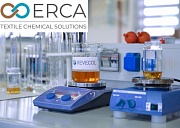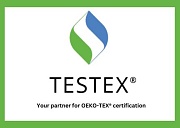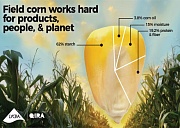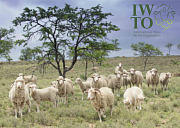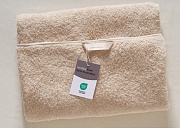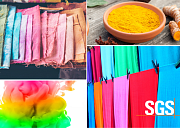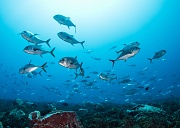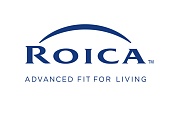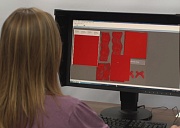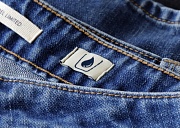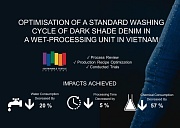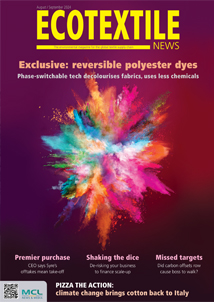SPONSORED CONTENT - In June 2022, Covation Biomaterials launched as an independent company following the acquisition of DuPont Biomaterials by the Huafon Group. This transition allows CovationBio to make its innovative and high-performance, bio-based products more easily accessible on a global level by combining decades of world-class science and engineering expertise with new investment and manufacturing capabilities. It also brings about a structured effort to implement new sustainability initiatives.
We sat down with CovationBio Director of Communications Alexa Raab to talk about the future of Sorona® as part of the new CovationBio.
What are CovationBio and Sorona®’s plans going forward after the acquisition?
For decades, we’ve displaced fossil-based materials with bio-based sources. Now we’re looking at new ways to support sustainability efforts at the source where our bio-based crops are grown. We know that by improving our systems and processes, it will lead to greater environmental benefits. In 202, we launched two traceability and transparency-based initiatives, the Common Thread Fabric Certification program and our Preferred Mill Network for Sorona®.
The next step is to look upstream. Our latest effort has been in development for a few years and we’re proud to officially announce our partnership with Truterra™.
Tell us about Truterra™
Our partnership with Truterra™ is the next step toward a more sustainable production model. It’s a farmer-driven program centered around innovation at the farm level where the corn is grown to make Sorona®, and its sister brands Susterra® and Zemea®.
The corn for Sorona® is sourced from U.S. Midwestern corn growers. Truterra™ gives them the power to improve their regenerative agricultural practices, protect biodiversity, and potentially sequester carbon. The technology accounts for 100% of the agricultural footprint for the corn purchased to create Sorona®, Susterra®, and Zemea® each year! This exceeds the industry standard of 10%. Farmers will also have insights into their crop yields and resource consumption, and we’ll have year-over-year data for key metrics including greenhouse gas emissions and soil health.
CovationBio is the largest global producer of 100% plant-based Bio-PDO so this is a meaningful stride towards accountability and renewability. Improvements at the source will ultimately mean any apparel made with Sorona® is more sustainable.
What are the new ways brands are using Sorona® now?
Our strength is providing a quality, sustainable alternative to traditional materials, like spandex and nylon, and we will continue to find creative ways to do this in apparel. Because Sorona® offers many exciting performance attributes, we see it used across many different applications. The strongest demand is currently in workwear, athleisure, and knits.
Sorona®’s unique performance properties and its sustainability standards are qualities designers are looking for as they strengthen the sustainability standards of their own collections. We have a rich pipeline of products that we are hoping to commercialize in the next couple of years and we look forward to supporting our value chain partners, designers, and brands in their journey.
We have seen a wide range of brands using Sorona(R) - from Tommy Hilfiger puffer jacket, Lilly Pulitzer athleisure and faux fur from Karl Lagerfield.










